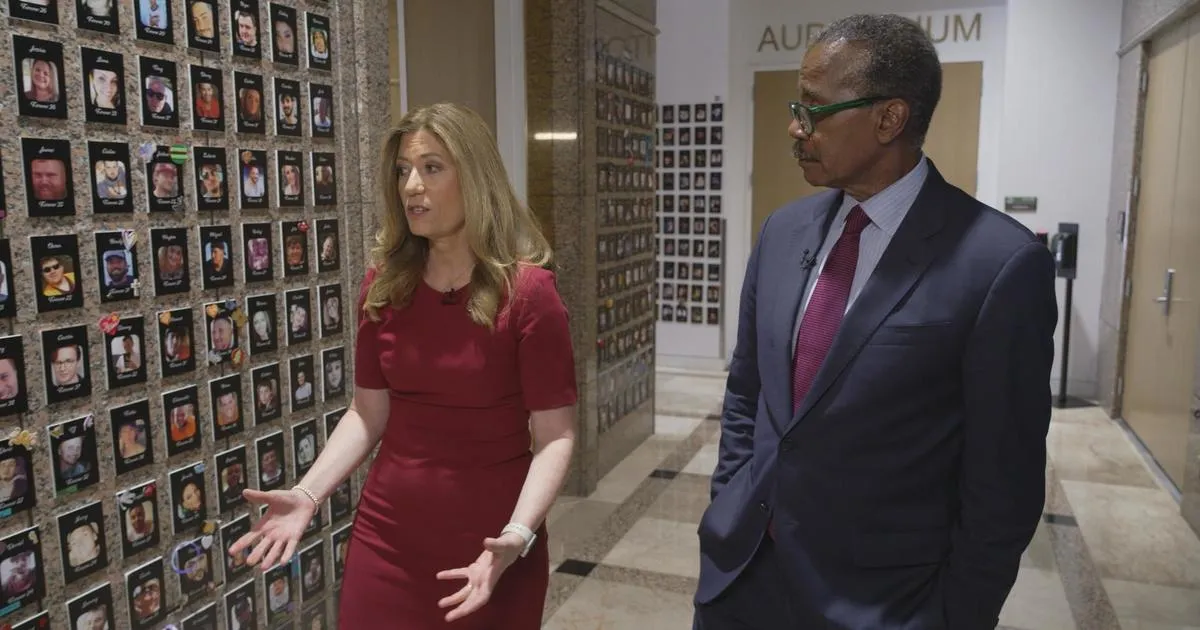The Role of Drug Cartels in the Fentanyl Crisis: Insights from the DEA

The U.S. Drug Industry's Impact
Drug cartels and fentanyl have become synonymous with the current crisis gripping the nation. According to Sherri Hobson, a former assistant U.S. attorney in San Diego, the responsibility lies with the U.S. drug industry that promoted legal opioids. This promotion continued until both the government and state attorneys general began imposing strict regulations.
The Shift to Illicit Drugs
As legal opioids became scarce, the enduring demand from Americans addicted to these medications posed a significant challenge. Consequently, Mexican drug cartels responded by ramping up production of fentanyl, a potent synthetic opioid, to meet this unrelenting demand.
Conclusion: A Call for Accountability
Addressing the complexities tied to drug cartels is essential to combat the fentanyl crisis effectively. Understanding the interplay between these factors is vital for the future of drug policy and enforcement.
This article was prepared using information from open sources in accordance with the principles of Ethical Policy. The editorial team is not responsible for absolute accuracy, as it relies on data from the sources referenced.